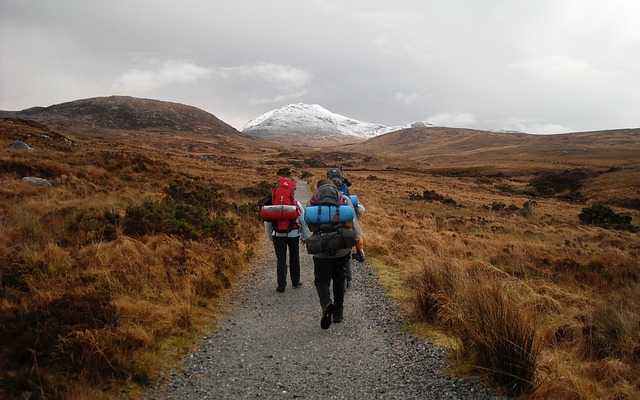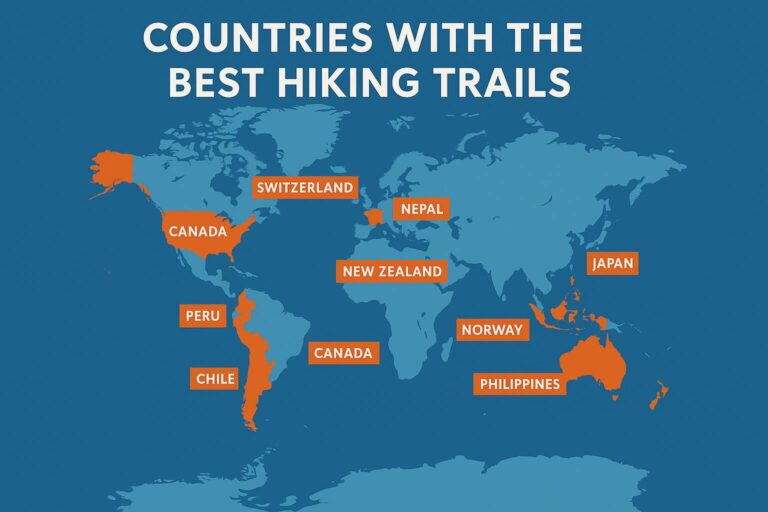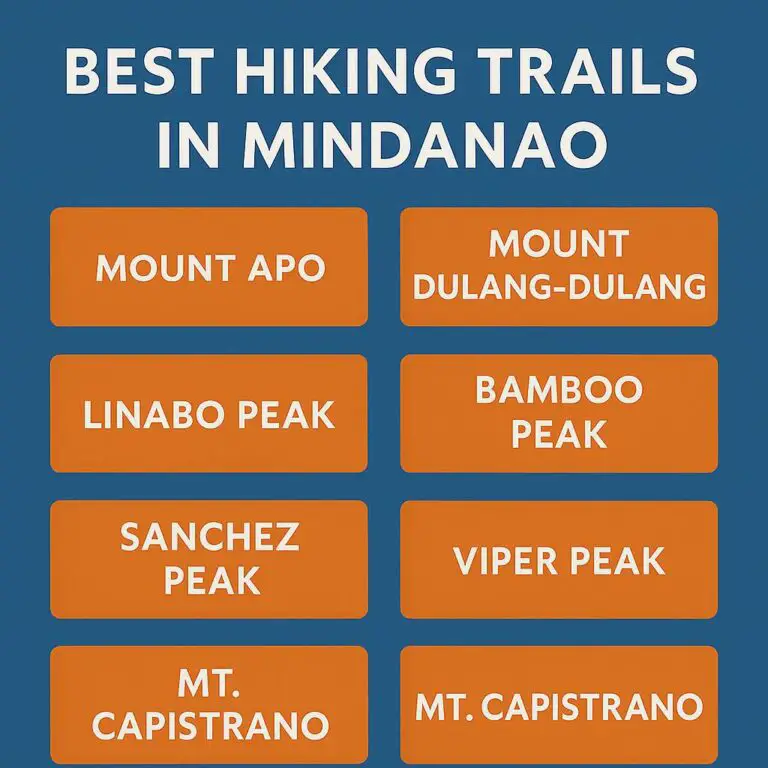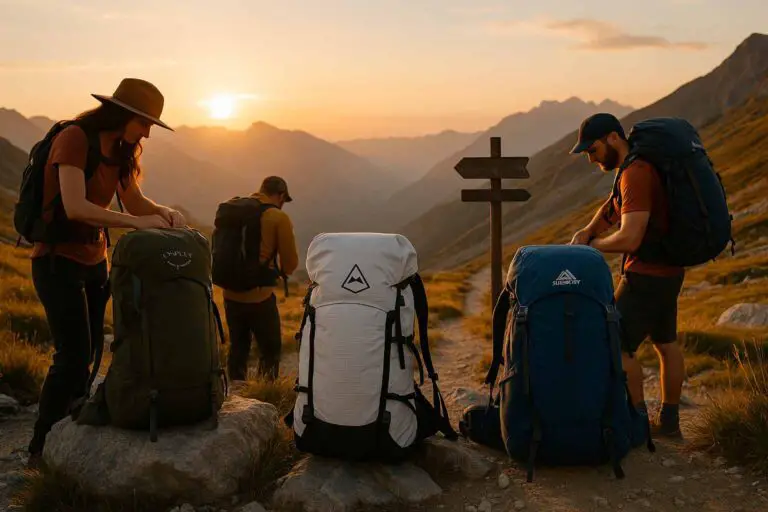When planning a backpacking trip, one of the most crucial factors to consider is how much food to bring. Bringing too little food can result in hunger, fatigue, and poor performance while bringing too much can lead to unnecessary weight and bulk. As a seasoned backpacker and nutrition expert, I know firsthand the importance of proper meal planning and nutrition when backpacking.
In this comprehensive guide, I will share my expertise and authority on the topic, outlining the various factors to consider, how to calculate caloric needs and nutritional requirements, and practical tips for meal planning and preparation. By the end of this guide, you will have the knowledge and tools to plan healthy and efficient meals for your next backpacking adventure.
Factors to Consider
When determining how much food to bring on a backpacking trip, there are several important factors to consider. These factors can influence the amount of food you will need to bring, as well as the type of food and how it should be prepared. Here are five important key factors to keep in mind:
- Trip Duration: The length of your trip will have a significant impact on how much food you need to bring. A weekend trip will require less food than a week-long trek. As a general rule, you should plan to bring 1.5 to 2.5 pounds of food per day, depending on your activity level and caloric needs.
- Intensity of Physical Activity: The level of physical activity during your trip will also impact how much food you need to bring. If you plan to cover a lot of ground and engage in strenuous activities like hiking, climbing, or paddling, you will need more food to fuel your body.
- Body Size and Weight: Your body size and weight will also influence your caloric needs and how much food you should bring. Larger and heavier individuals will generally require more food to maintain their energy levels.
- Caloric Needs: Calculating your daily caloric needs is essential when planning your food supply. Your daily caloric needs will depend on several factors, including your age, gender, body weight, and activity level. Generally, you should plan to consume around 2,500 to 3,500 calories per day while backpacking.
- Climate and Weather Conditions: The climate and weather conditions you will encounter on your trip can also impact your food needs. If you will be hiking in colder weather or at higher elevations, you may require more food to maintain your body temperature and energy levels.
Caloric Needs
Calculating your daily caloric needs is an essential step in determining how much food to bring on your backpacking trip. Your daily caloric needs are based on your basal metabolic rate (BMR), which is the amount of energy your body needs to function at rest and your activity level. Here are 3 steps to calculate your daily caloric needs:
Determine your BMR:
You can use online BMR calculators that take into account your age, gender, height, and weight to determine your BMR. Alternatively, you can use the Harris-Benedict equation, which is a formula used to calculate BMR based on gender, age, weight, and height.
Factor in your activity level:
Once you have calculated your BMR, you need to factor in your activity level to determine your total daily energy expenditure (TDEE). This will give you a more accurate estimate of your caloric needs. Multiply your BMR by a factor that corresponds to your activity level. For example, if you are lightly active, multiply your BMR by 1.375. If you are very active, multiply your BMR by 1.725.
Add extra calories for backpacking:
To account for the extra energy you will burn while backpacking, add an additional 500-1000 calories to your TDEE.
Here is an example calculation using the Harris-Benedict equation for a 30-year-old woman who is 5’6” tall and weighs 140 pounds:
BMR = 655 + (4.35 x weight in pounds) + (4.7 x height in inches) – (4.7 x age) BMR = 655 + (4.35 x 140) + (4.7 x 66) – (4.7 x 30) BMR = 1,391
TDEE (lightly active) = BMR x 1.375 TDEE = 1,391 x 1.375 TDEE = 1,912
Total caloric needs (backpacking) = TDEE + 500-1000 Total caloric needs = 1,912 + 500-1000 Total caloric needs = 2,412-2,912
In this example, the woman’s estimated daily caloric needs while backpacking is between 2,412-2,912 calories.
Nutritional Requirements
When backpacking, it’s essential to consume a balanced diet that provides all of the necessary nutrients your body needs. Here are some of the essential macronutrients and micronutrients that you should focus on getting enough of:
- Carbohydrates: Carbohydrates provide the body with energy, making them an essential macronutrient for backpacking. Focus on bringing whole grains, fruits, and vegetables, as well as energy-dense carbohydrates such as nuts, seeds, and trail mix.
- Protein: Protein is essential for repairing and building muscles, making it crucial for backpackers who engage in strenuous activities. Good sources of protein include nuts, seeds, legumes, meat, fish, and poultry.
- Fat: Fats provide the body with energy and help regulate body temperature, making them essential for backpacking in cold weather. Focus on healthy fats such as nuts, seeds, avocados, and olive oil.
- Vitamins and Minerals: Vitamins and minerals are micronutrients that are necessary for maintaining overall health and wellness. Good sources of vitamins and minerals include fruits, vegetables, nuts, seeds, and whole grains.
It’s essential to focus on getting a variety of these nutrients in your backpacking meals. Here are 4 tips for ensuring that your meals are nutritionally balanced:
- Plan your meals ahead of time: Plan out your meals to ensure that you are getting a balance of macronutrients and micronutrients.
- Bring a variety of foods: Bring a variety of foods to ensure that you are getting a range of nutrients.
- Focus on nutrient-dense foods: Focus on bringing foods that are nutrient-dense and provide a high amount of nutrients for their calorie content.
- Supplement if necessary: Consider bringing supplements such as vitamins or protein powder if you are not getting enough of these nutrients from your food.
Meal Planning Tips
Meal planning is an essential part of backpacking preparation. Proper meal planning ensures that you have enough food to fuel your body while minimizing the weight and bulk of your backpack. Here are some practical tips for meal planning when backpacking:
- Balance weight and nutrition: Look for lightweight, high-calorie foods that are also nutrient-dense. Focus on foods that are easy to pack and require minimal preparation, such as trail mix, dried fruit, and dehydrated meals.
- Minimize waste: Pack foods that have minimal packaging and can be resealed, such as nuts and trail mix. Bring reusable containers for food storage and avoid bringing disposable items such as plastic utensils or paper plates.
- Pack efficiently: Plan your meals in advance and organize your food according to mealtime. This will help you pack more efficiently and ensure that you have enough food for the duration of your trip.
- Cook and store food in the backcountry: Consider bringing a lightweight stove and cooking utensils to cook your meals in the backcountry. Store your food in bear canisters or hang it from a bear bag to prevent wildlife from accessing your food.
- Plan for emergencies: Bring extra food in case of emergencies, such as unexpected delays or changes in weather. Consider packing high-calorie emergency rations such as energy bars or gels.
Here are some sample meal plans for different trip durations and physical activity levels:
Weekend Trip (2-3 days):
- Breakfast: Instant oatmeal with dried fruit and nuts
- Snack: Trail mix and beef jerky
- Lunch: Peanut butter and jelly sandwich on whole-grain bread with fruit
- Snack: Granola bar or energy bar
- Dinner: Dehydrated backpacking meal or instant noodles with added protein (e.g., tuna or beef jerky)
Week-Long Trip (7-8 days):
- Breakfast: Instant oatmeal with dried fruit and nuts, coffee or tea
- Snack: Trail mix, dried fruit, or beef jerky
- Lunch: Tortilla wrap with hummus, cheese, and veggies
- Snack: Energy bar or granola bar
- Dinner: Dehydrated backpacking meal or instant rice with added protein (e.g., chicken or beef jerky)
Strenuous Trip (e.g., mountaineering, long-distance hiking):
- Breakfast: Instant oatmeal with nuts and dried fruit, coffee or tea
- Snack: Trail mix, energy bars or gels, or beef jerky
- Lunch: Whole-grain wrap with hummus, cheese, veggies, fruit
- Snack: Jerky or energy bars or gels
- Dinner: Dehydrated backpacking meal with added protein (e.g., chicken or beef jerky), instant rice, or noodles.
Hiking Water Calculator: Calculate Your Perfect Hiking Water Intake
Conclusion
Proper meal planning and nutrition are essential for a successful backpacking trip.
The amount of food you should bring backpacking depends on factors like trip duration, physical activity level, body weight, and caloric needs. Plan for 1.5-2.5 lbs of food per day, with a balance of carbohydrates, protein, fat, and essential nutrients.
By considering factors such as trip duration, intensity of physical activity, body size and weight, caloric needs, and climate and weather conditions, you can estimate how much food you need to bring. Calculating your daily caloric needs based on your basal metabolic rate and activity level, and focusing on essential macronutrients and micronutrients, such as carbohydrates, protein, fat, vitamins, and minerals, can ensure that your meals are nutritionally balanced.
You can develop a practical meal plan for your backpacking adventure by balancing weight and nutrition, minimizing waste, packing efficiently, and planning for emergencies. With these tips and sample meal plans, you can prepare for a healthy and successful trip. Remember, taking the time to plan and prepare your meals will pay off in the end by keeping you energized, healthy, and able to enjoy the beautiful wilderness around you.
Next read: Best Way To Carry Water While Backpacking








